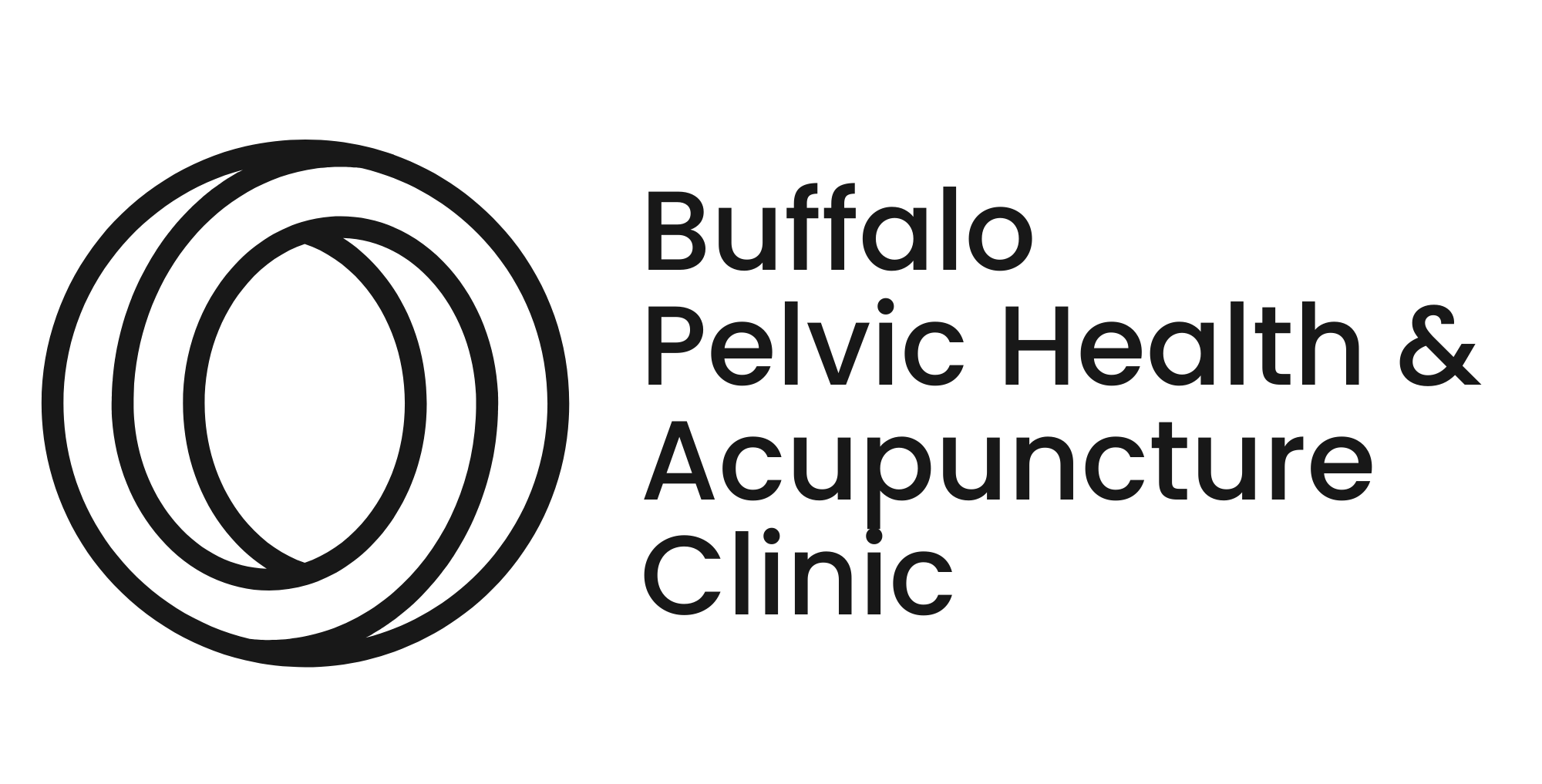Diet & Traditional Chinese Medicine
The Philosophy of Diet in TCM
- Food as Medicine
TCM considers food to have medicinal properties. Every food is categorized by its flavor (sweet, sour, bitter, salty, pungent) and its nature (cold, cool, neutral, warm, hot). These properties determine how a food influences the body, such as whether it strengthens Qi, nourishes the blood, or clears heat. - Holistic Balance
The goal of dietary therapy in TCM is to maintain balance within the body and between the individual and their environment. Factors such as the season, age, constitution, and current health condition determine the ideal diet. - Connection to Organs and Elements
Each organ system in TCM is linked to specific flavors and food types. For example:- The spleen and stomach, central to digestion, are supported by warm and sweet foods like rice and squash.
- The liver, associated with the wood element, benefits from sour foods like citrus and vinegar.
The Therapeutic Role of Food
- Strengthening Qi and Vitality
Foods like grains, legumes, and root vegetables are considered tonifying and help sustain energy levels. For individuals with Qi deficiency, such as those experiencing fatigue or digestive issues, these foods provide grounding and nourishment. - Balancing Yin and Yang
Yin foods (e.g., cucumbers, tofu) have cooling properties and are used to address heat-related conditions, such as inflammation or hot flashes. Yang foods (e.g., ginger, lamb) are warming and invigorating, helpful for cold-related conditions like fatigue or poor circulation. - Detoxification and Cleansing
Bitter foods (e.g., bitter melon, dandelion greens) are used to clear heat and toxins from the body, supporting the liver and heart in eliminating waste. - Emotional Health
TCM recognizes the link between diet and emotions. For example:- Sweet foods calm the mind and alleviate worry, making them useful for stress.
- Sour foods stabilize the emotions and anchor scattered energy.
Diet Guidelines in TCM
- Eat Seasonally
Seasonal eating aligns with nature and supports the body’s needs throughout the year:- In spring, eat light and fresh foods to encourage renewal (e.g., leafy greens).
- In summer, emphasize cooling foods to counteract the heat (e.g., watermelon, cucumber).
- In autumn, consume foods that moisten and nourish (e.g., pears, nuts).
- In winter, focus on warming and hearty foods (e.g., soups, stews).
- Prioritize Digestion
The spleen and stomach are the foundation of health in TCM. To support digestion:- Avoid overeating or skipping meals.
- Eat warm, cooked foods instead of raw, cold foods, which are harder to digest.
- Chew thoroughly to aid nutrient absorption.
- Balance Flavors
A balanced diet incorporates all five flavors in appropriate amounts to nourish different organs and maintain harmony.
Scientific Insights Supporting TCM Dietary Practices
- Gut Health and Warm Foods
Modern research supports the idea that warm, cooked foods are easier to digest, particularly for individuals with gastrointestinal issues. This aligns with TCM’s emphasis on warm, nourishing meals to support the spleen and stomach. - Anti-Inflammatory Benefits of Bitter Foods
Foods with bitter properties, like leafy greens, have been shown to reduce inflammation and support liver detoxification, corroborating TCM practices. - Seasonal Eating and Immunity
Seasonal diets are linked to improved immunity and metabolic health. For example, winter foods like soups and stews provide warmth and nutrients, reducing susceptibility to colds and flu.
Conclusion
In Chinese medicine, diet is more than a source of sustenance—it’s a cornerstone of holistic health. By understanding the energetic properties of food and tailoring dietary choices to individual needs and seasons, TCM offers a unique approach to nurturing both the body and mind. Whether you’re seeking to improve digestion, boost energy, or simply maintain balance, adopting TCM dietary principles can transform your relationship with food and health
Looking for nutritious recipes? Find our recommendations at The Portal


